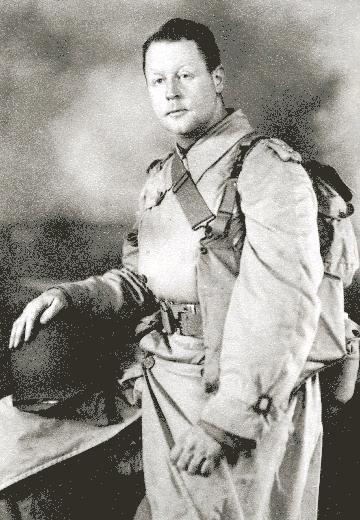
Merrill Moore, neglectorino
From Hawai’i, Jonathan Morse writes:
The rediscovery of Vivian Meier reminds me that there may be another trove of photographs waiting for somebody (somebody associated with Harvard, I'd guess) to find and discuss. This would be the archive of Merrill Moore (1903-1957).
In the 1920s, Moore was one of a group of remarkable student poets who gathered around the Vanderbilt University English professor John Crowe Ransom and published their work in a magazine called The Fugitive. The Fugitive Group underwent two more metamorphoses after that era: first into a group of right-wing anti-capitalists who called themselves the Southern Agrarians, then into the literary theorists called the New Critics. In English departments, the most enduringly famous members of the group are Ransom himself and his students Allen Tate and Robert Penn Warren.
Not Moore, however. As the mentor of the Fugitives, Ransom gathered his students for regular revising sessions, but Moore just flat wouldn't revise. His reason for that was amazing enough:he was arguably the most facile poet in the history of the English language, and rather than bring one revised poem to the weekly meetings he'd bring fifty brand new ones. With only a few exceptions, all of his poems were sonnets, and he composed those as fast as he was physically able to write the words down. In fact, he learned shorthand so that he could physically write the words down even faster. That's why one of his volumes of sonnets (one of many) is called just M – M for Merrill, M for Moore, and M for a thousand. Yes, that one fat book does contain a thousand sonnets -- that is, 1000 x 14 lines, or a body of verse longer than Paradise Lost and Paradise Regained put together. I flipped through it once, and I found quite a few good lines. But (as you might expect) so far as I was able to see on that one fast scan, there are no good poems.* So nobody reads Moore now.
But his major at Vanderbilt was pre-med, and in due time he became a psychiatrist who practiced at hospitals associated with Harvard. It's as a psychiatrist that he's remembered now to American literary history, because in that capacity he figured in the lives of several other poets. He kept Edwin Arlington Robinson's depression and alcoholism under control, counseled the Harvard sophomore Robert Lowell to transfer to Kenyon College and study with Allen Tate, and failed to prevent Robert Frost's suicidal son from killing himself but did save Frost's own life by calling the ambulance when Frost was suffering a toxic reaction to some medicine. During that period, too, some of his sonnets were illustrated by Edward Gorey, who was then an unknown Harvard undergraduate.
He was also a prolific publisher of research papers dealing with alcoholism, and a champion marathon swimmer. And you see he didn't even live long (cancer).
And yes, he also was a photographer. Nobody knows how many sonnets he wrote, but his own estimate was 50,000. That was also his estimate of the number of photographs he took. But I've never seen one, and I don't know anybody who has.
Jon
* One possible exception to my complaint about no good poems by Moore is the sonnet I was able to memorize from start to finish in a single fast reading. It's a psychiatrist's sonnet, and it goes:
You'll be all right, you'll be all right, you'll be
All right, you'll be all right, you'll be all right,
You'll be all right, you'll be all right, you'll be --
etc. for eleven more lines.





